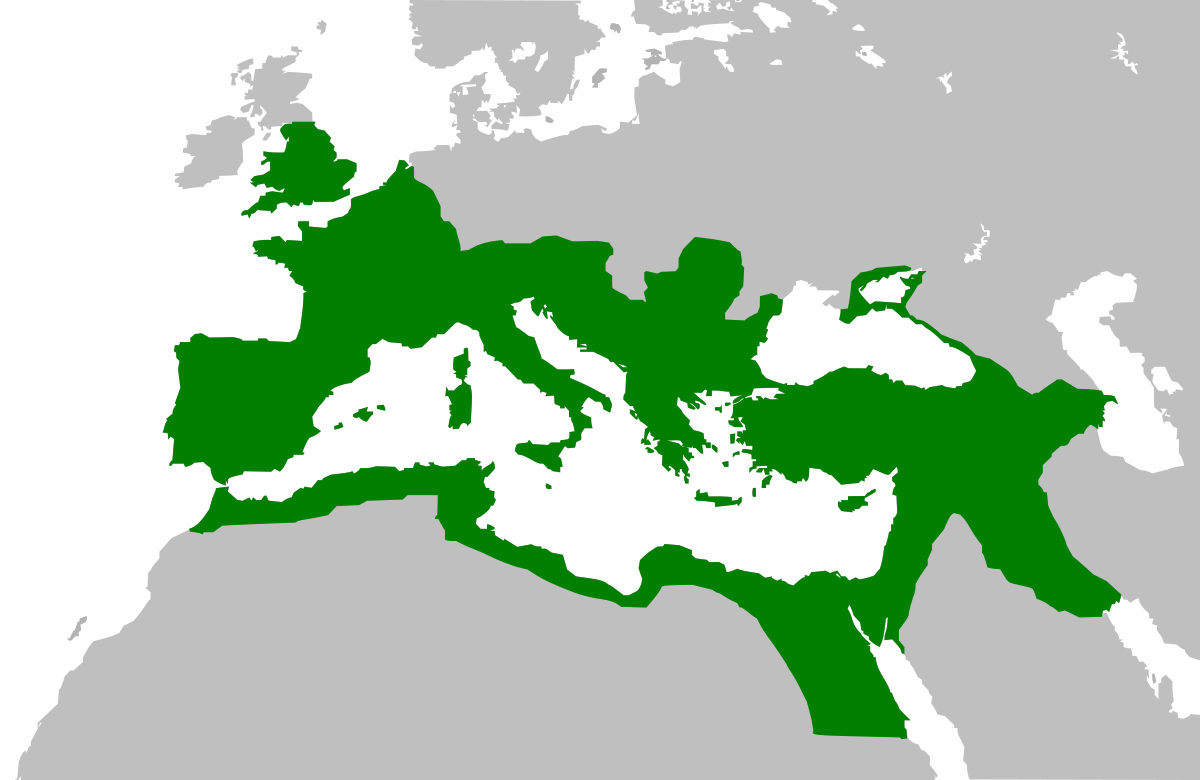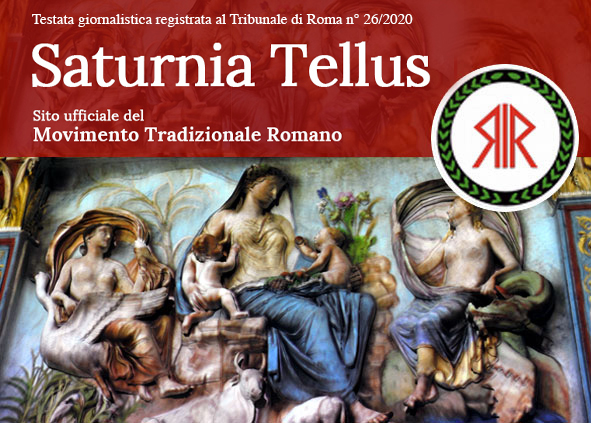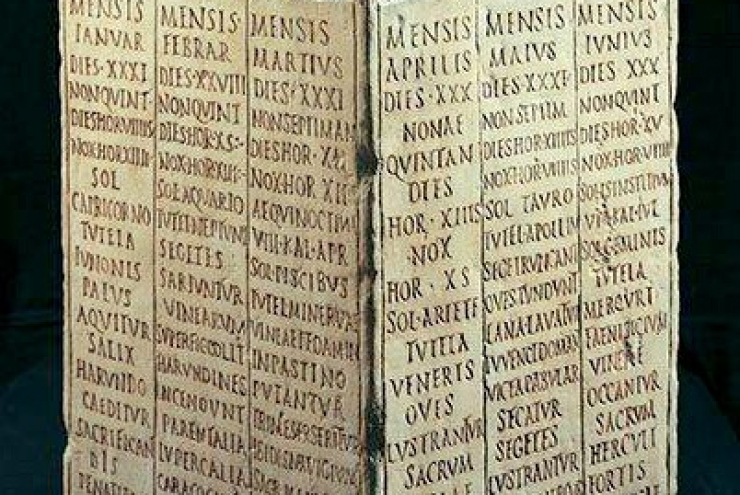
The European Union is a gigantic unfinished project, a job half done, left at the mercy of the banks and with little attention to its citizens. If you don’t believe it, just try to move out. In my fair experience of international relocations, I have been resident in four different European countries and have encountered the same problems every time: changing the car’s number plate, changing the bank, phone number, health insurance, and scattering my working years in pension systems that often do not talk to each other. All this, however, is nothing compared to the most effective cultural barrier: the change of language. Indeed, because if someone tells you that you can always handle the linguistic differences by using English, it means that he does not have travel experiences other than mere tourism. In fact English is NOT the official international language of the EU: if you move to Spain or France, or Germany, the only language in which you find written laws and all official documents is that of the host country – as you can expect – perhaps accompanied by some other minority language. If a good day starts in the morning, the first task to do when you relocate is to look for the first rented house: you have to understand rental contracts in the local language with references to laws and regulations on unknown codes. After that, if you survive the impact, tons of letters in local bureaucratic language for water, electricity and gas contracts will arrive at home: best wishes with that! Our grandparents, when they emigrated, did it forever: the effort to learn the local language was justified and necessary. Today, in Europe, labor mobility takes on a new dimension that does not justify the in-depth learning of every language to which one is exposed for a handful of years.
Regardless of your political ideas and how you think about the EU, when you go to work abroad your rights are automatically reduced to the extent that you cannot understand public documents or even the important texts on street signs, especially those of danger. You will automatically feel like EXPAT, a tolerated middle ground between the non-European immigrant and the full citizen.
If this is the situation for the common European citizen forced to move for work, in Brussels there is little to laugh because there are as many as 24 official languagesi. In the name of the democratic principle that a citizen can be elected to the European parliament without knowing any foreign language, a disproportionate number of translators is needed, equal to the combination of each of the 24 languages with the other 23: 24×23 = 552. During a plenary session of the European parliament, there are between 700 and 900 translatorsii: an exaggerated number.
Contemplating this immense and impractical babel that extends vertically from economical emigrants to top skilled professionals, it is natural to ask why the English language was not adopted as a European language. The point is that the choice of the common language is not politically neutral. A language carries its baggage of history, of literature, a link with the political domain because, with few exceptions, the languages spoken today (or their derivatives) come from peoples who have conquered and predominated or from peoples who have resisted to the conquest. The languages of those who have been conquered, without being able to resist, are destined to oblivion, following a sort of linguistic Darwinism. English was imposed to the rest of Europe with the Second World War. It is difficult to imagine the Germans accepting it officially next to their national language. The French, who boast centuries of rivalry with the United Kingdom, would never yield to the use of English in their public acts. Surely not even the Spaniards, with an open territorial question regarding Gibraltar, would accept it. For what has been said, English can hardly be proposed as a European lingua franca to be used in all states of the Union.
However, facing the disproportionate number of linguistic combinations which, let us recall again, amounts to 552, we can imagine a third solution, represented by the use of a European language that is not the prerogative of one or a group of countries, but that can both guarantee neutrality and represent European culture and history. To follow this path, the only loophole from the European Babel and from the politically incorrect solution of English as the predominant language, it is necessary to be visionary and have the courage of the great utopias.

To date, two candidates seem possible for the European lingua franca: Esperanto and Latin. Esperanto is a neutral choice, being an artificial language proposed in 1887 by Zamenhof, a Polish Jew. Esperanto is structured as an Indo-European language, with a lexicon that is largely derived from Latin and Slavic languages, a very simplified grammar. However, this language has an extremely short history and insignificant literature compared to Latin. Entrusting the spirit of Europe to an artificial language without true history would go in the opposite direction to the search for European roots. Let us not forget that one of the causes of the EU crisis is the cultural identity of Europe as a continent. Esperanto does not go in the direction of a historical recovery but, on the contrary, toward an artificial forgetfulness.
Latin instead has a very long history. It is an Italic language in the Indo-European panorama, therefore related and similar in the first place to the Celtic languages, then to the Germanic and Slavic languages, and to the Greek. From the Latin are derived 5 of the official European languages: Italian, Spanish, French, Portuguese and Romanian, without counting many other unofficial languages in Brussels but recognized as such (an example for all: Catalan). The Romance languages share a good part of their vocabulary with Latin, so the Latin lexicon would sound familiar to around 205 million inhabitants out of a total of 508 million. If we then also consider that English, despite being a Germanic language, through the coexistence with the Latin world first and with the French world then it absorbed about 60% of its lexicon from the Latin, we can add another 71 million inhabitants, for a total of 276 million out of 508 million: practically one European citizen in two can recognize in Latin many words used in their mother tongue.
The Latin grammar, with its declination, presents a great affinity with modern languages that have been more conservative in evolution maintaining the original cases of Indo-European, such as Germanic languages and Slavic languages: genitive, dative, accusative are still used today. Therefore these languages, even if they do not have a significant portion of their lexicon deriving from the Latin, share their origin and grammar. Moreover, many words are related to Latin both through the common Indo-European matrix and through contacts over time and acquisitions of foreign wordsiii. For example, the English word “elevator” (elevator) has a Latin origin to elevate, which contains the root “levis” (light in Latin). Levis, in turn, derives from the Indo-European h1lengwh iv, the root from which – through the Germanic derivation – originates the English “light” (light). By way of curiosity, we find the Latin root even in a language as distant as the Japanese which to indicate the elevator uses the Latin derivative through English: “erebeetaa” (エレベーター) from “elevator”.
In addition to the merely linguistic aspect, it is worth considering the rich European history of the Latin language, which extends well beyond the fall of the Roman Empire, confirming itself as the European language throughout the Middle Ages and beyond. Although generally in schools we limit ourselves to the study of classical Latin, Latin literature extends until the eighteenth century. To give some examples and give an idea of the temporal continuity of the use of Latin, let us recall that already Gregory of Tours described a truculent history of the Franks and their invasion of the province of Gaul in the fifth century. One of the first works of English literature was in Latin, the work of Bede the Venerable who wrote in the eighth century the history of England from the arrival of Caesar in 59 BCE to 731 CE. Charlemagne, the founder of the Holy Roman Empire crowned in Aachen (modern Aachen in Germany), was a great propeller of education in Latin. Charlemagne’s servant Einhard wrote an excellent biography in Latin of the sovereign, which was based on the structure of Suetonius’s biographies.
Following the cultural reforms of Charlemagne, Latin in the 11th century enjoyed excellent health and continued to expand throughout Europe, for at least five centuries more. In England, after the Norman invasions, Latin became the written language for all levels of the population. The culture was mainly expressed in Latin, just remember John of Salisbury who in the twelfth century wrote the philosophical works Policratus and Metalogicus. Consider also the importance of the Magna Carta Libertatum, written in Latin in 1215, a milestone in the history of the United Kingdom. There is also a Historia Regum Britanniae, by Geoffrey of Monmouth who represents the original point of the whole saga of Merlin, King Arthur and the Knights of the Round Table.
Latin remained an obligatory language for diplomacy until the 17th century and in any case the learned language for philosophy and science, suffice it to remember Erasmus of Rotterdam with his “Stultitiae Laus” (in Praise of Folly, 1509) or Galileo Galilei who shook the church with his “Sidereus Nuncius” published in 1610, or Descartes with his “cogito ergo sum” in his “principia philosophiae” (1644), or Newton with the famous theory of universal gravitation in the work “Philosophiae Naturalis Principia Mathematica” in 1687, followed by various editions until 1726.v
Latin was therefore not only the language of Rome, but it was in effect the language of European culture for almost seven hundred years, without ever falling into oblivion, to such an extent that its lexicon is constantly updated to the last discoveries and technologies. In fact, Latin is still used and spoken by a considerable circle of people. There is a good source in Vicipaedia where there are voices like “astronavis” spaceship or “quarcium” quark.vi Various schools teach Latin as a living language using classical pronunciation (without palatalization, maintaining the original sounds in diphthongs “ae” and “oe” and differentiating long vowels from short ones). There are also modern works translated into Latin as Harry Potter (Harrius Potter et Camera Secretorum, and Harrius Potter et Philosophi Lapis). On the web, in addition to various clubs and schools, you can also find a news-sheet in Latin based in Warsawvii.
Is Latin a difficult language? I believe the answer depends on the teaching method. By slavishly applying the grammar, starting with a mnemonic study of the declination, I would say that the effort is remarkable. It is said that adults struggle more than children to learn a language. On the other hand, when a baby is born, she is exposed to the language for at least 5 years before starting any formal study. Today we understand that the use of natural learning methods, based on exposure to simple dialogues and conversations, followed by a brief explanation of grammar, also work on adults more effectively than sterile theoretical teaching totally based on grammar. With “modern” learning methods, Latin can be easy. There are various online schools and clubs that use Latin as a spoken language.viii
Latin is a heritage of which we must be proud. Proposing Latin as the official language of the European institutions and as a language to complement the national ones in public documents could be an elegant solution for the jumble of translations and for the difficulties that the European citizen encounters by changing country for work. Furthermore, it would be a step towards finding the European identity. In light of these facts, the question arises as to whether it is legitimate to discard the possibility of introducing Latin as a European lingua franca simply because it is utopian: given the stakes, it would be worth facing a serious debate.
Mario Basile
[i] Bulgarian, Czech, Croatian, Danish, Estonian, Finnish, French, Greek, English, Irish, Italian, Latvian, Lithuanian, Maltese, Dutch, Polish, Portuguese, Romanian, Slovak, Slovenian, Spanish, Swedish, German, and Hungarian.
[ii] http://www.europarl.europa.eu/news/en/faq/21/which-languages-are-in-use-in-the-parliament
[iii] Not all the European official languages are Indo-European: Estonian, Finnish, Maltese, and Hungarian are not Indo-European.
[iv] Dictionary of Indo-European roots by Pokorny in https://indo-european.info/pokorny-etymological-dictionary/index.htm#ad-1.htm. The sign h1 identifies the neutral sound of the laryngeal theory. https://en.wikipedia.org/wiki/Laryngeal_theory
[v] A good summary of the history of Latin can be found in: “A Natural History of Latin” di Tore Janson.
[vi] https://la.wikipedia.org/wiki/Vicipaedia:Pagina_prima
[vii] http://ephemeris.alcuinus.net/
[viii] We recommend the “Latin without effort” method by Clément Desessart, who was a pioneer in applying modern methods to the Latin language.
















